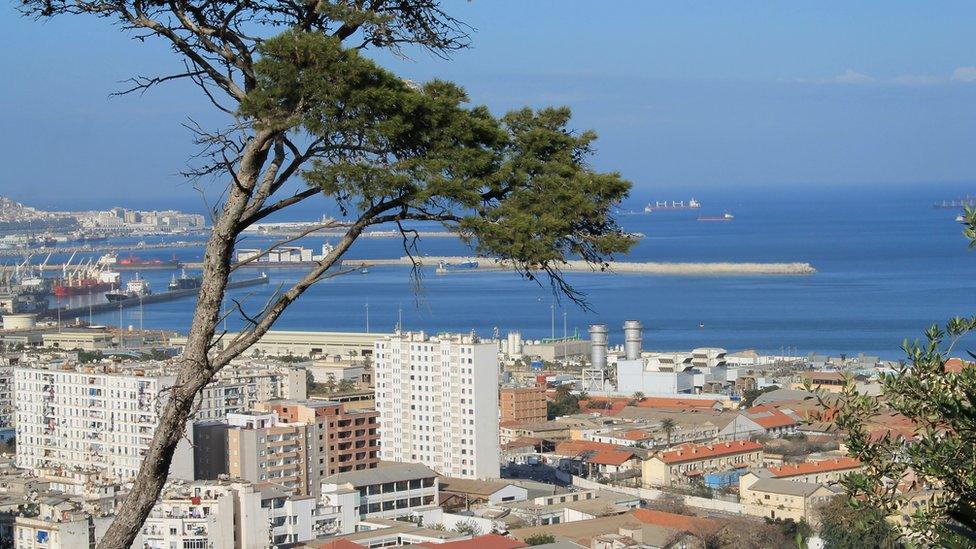Algeria's identity debate over adopting French teaching
- Published

Language has remained a politically sensitive subject in Algeria
A debate in Algeria about plans to switch to teaching science in the French language is raising arguments about the country's cultural identity.
Education minister Nouria Benghebrit has suggested that teaching in French could improve students' results.
Universities in Algeria teach science in French, but schools teach in Arabic.
There have been concerns that students face a language barrier when they are taught in French at university, with many failing in their first year.
But opponents of such a change have argued that this would damage the identity of the North African country's Arab majority.
The plans have suggested that maths, physics and natural science subjects in secondary schools should be taught in French.
The intention would be to make a smoother transition to French-speaking university courses. It could make it easier for students, who at home might speak dialects of Arabic or Berber, and who might struggle to switch to French when they reach higher education.
But opponents of changing to French have criticised a "divorce from identity" which would disconnect young people from their cultural roots.
There have been suggestions that universities should switch to Arabic, rather than schools switch to French. There have been other calls that English should be adopted as a more widely used international language of science.
The controversy over language has stirred arguments about the relationship between Algeria and France, the former colonial power.
Even though Arabic is the official language of Algeria, universities are still teaching courses in French, more than 50 years after independence.